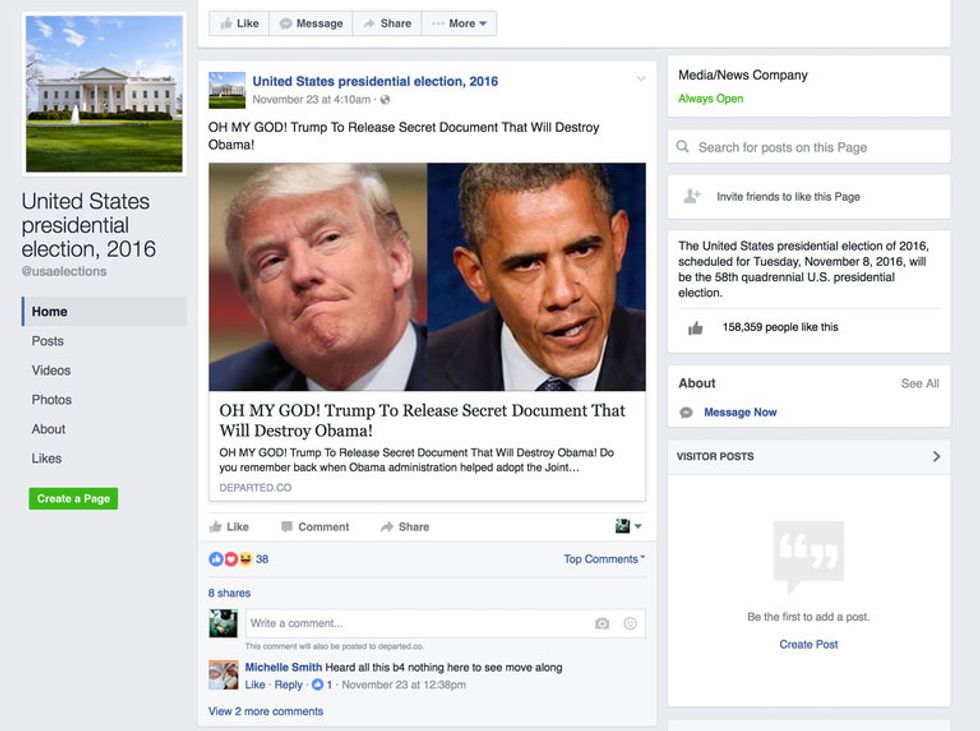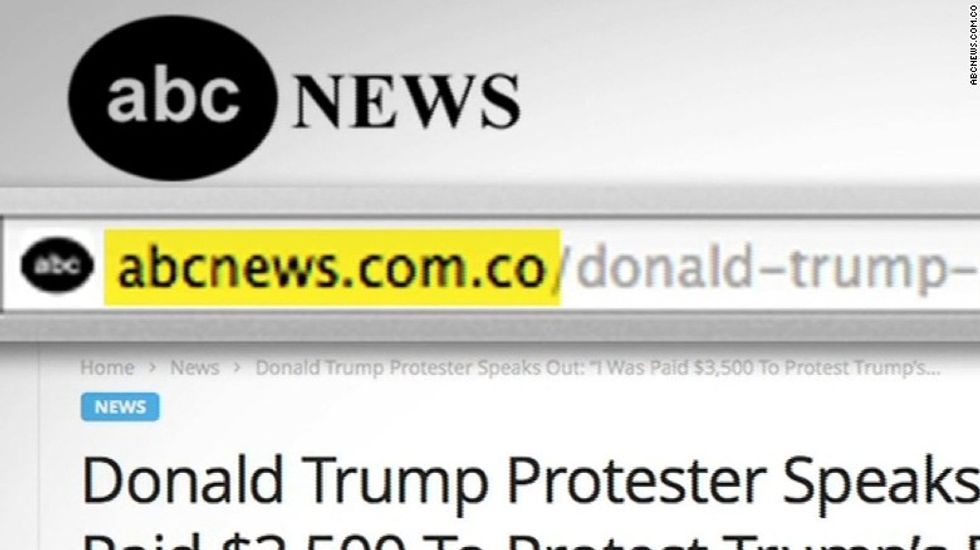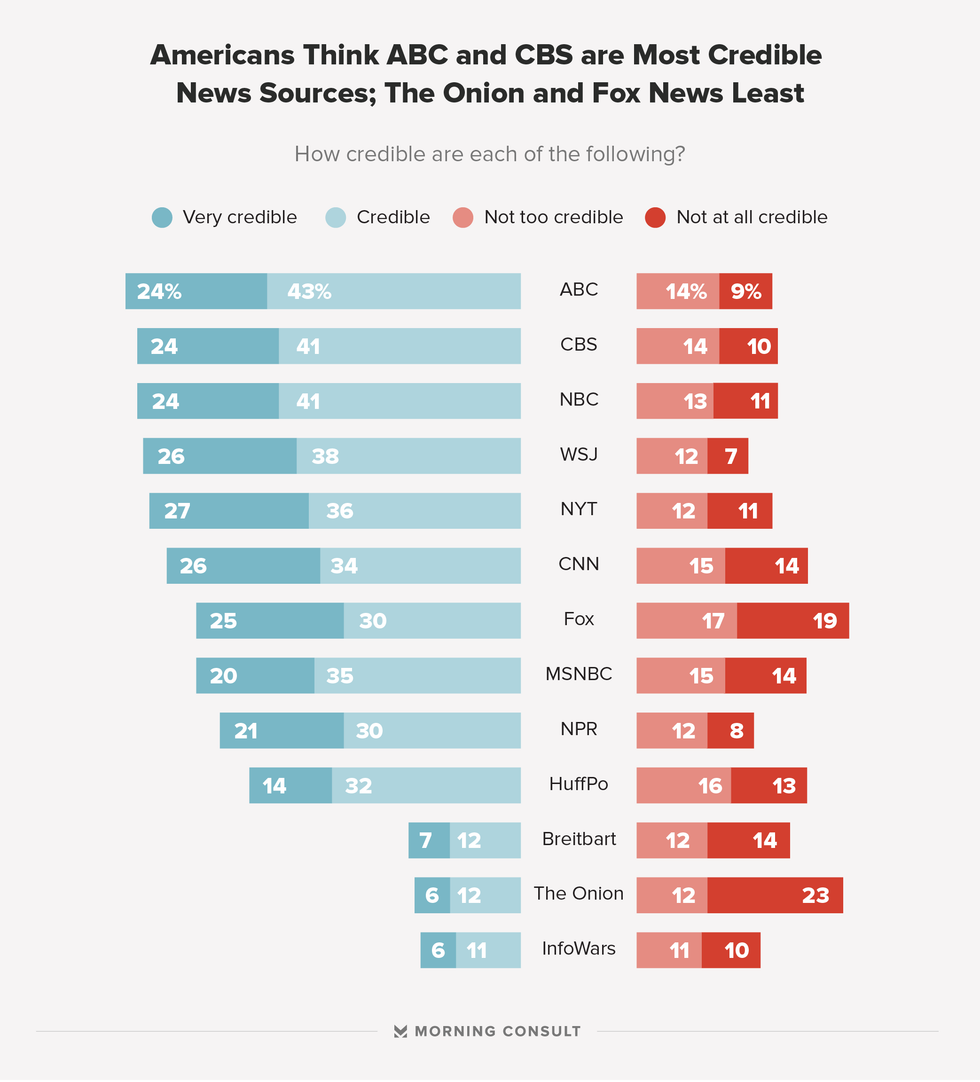Fake news seems to be dominating the media lately. Unfortunately, viewers help to spread rumors by sharing these false publications. Here are a few helpful tricks to avoid being reeled in by untrustworthy sources:
1. CAPITALIZATION in the headline
Would you really believe something that says, "OH MY GOD"? Explanation points are also a huge no-no. Avoid anything that makes it seem as if the journalist is surprised. Showing dismay makes readers want to open the page, however it is hardly ever true.
2. Photoshopped pictures
First of all, "SPREAD THIS EVERYWHERE" would not be stated by any journalist who wanted to spread the news. If news is real, it will easily be spread quickly. Use your keen eyesight and determine that this picture is not real. Although it may seem as if they are standing next to each other, it is obvious that Pope Francis is photoshopped into the picture in order to make Trump look better.
3. Far too many pop-ups and banner ads
If this many banner ads show up on your screen after clicking on a link, it is probably a good idea to close out of everything. Stick to more reliable sources. News should never be accompanied by so many adds that you can't even read what it has to say.
4. Unlikely domain
Always check the domain when reading an article. Fake sites often add “.co” to trusted brands.
5. No links, quotes, or references
"Don't believe everything you see on the Internet just because there is a picture with a quote next to it."
If an article is talking about country relations with Russian, look for quotes from government officials. Check to see if it references public documents. Checking for links, quotes, or references will help to detect bias.
6. Verify with real news
Verify an unlikely story by finding a real news outlet reporting the same subject. Always avoid The Opinion and InfoWars--they are typically strictly opinion.
7. Read beyond the headlines.
If you see a headline that seems questionable, read ahead. Chances are high that the information doesn't match the title. Headlines draw readers in, however the actual text rarely contains adequate facts.
8. Check your gut
Now, think really hard on this one. Do you REALLY think that Obama would ban the Pledge of Allegiance in schools? If you personally do not believe this to be true, it probably isn't true.
9. Never share a story that you aren’t sure is true
If you don't believe it to be true, don't share it. Spreading fake news is caused by consumers who readily believe false information. Another word for these people: gullible. Don't cause unnecessary rumors, especially if your gut is telling you otherwise.
Be smart. Trust your gut.
















































